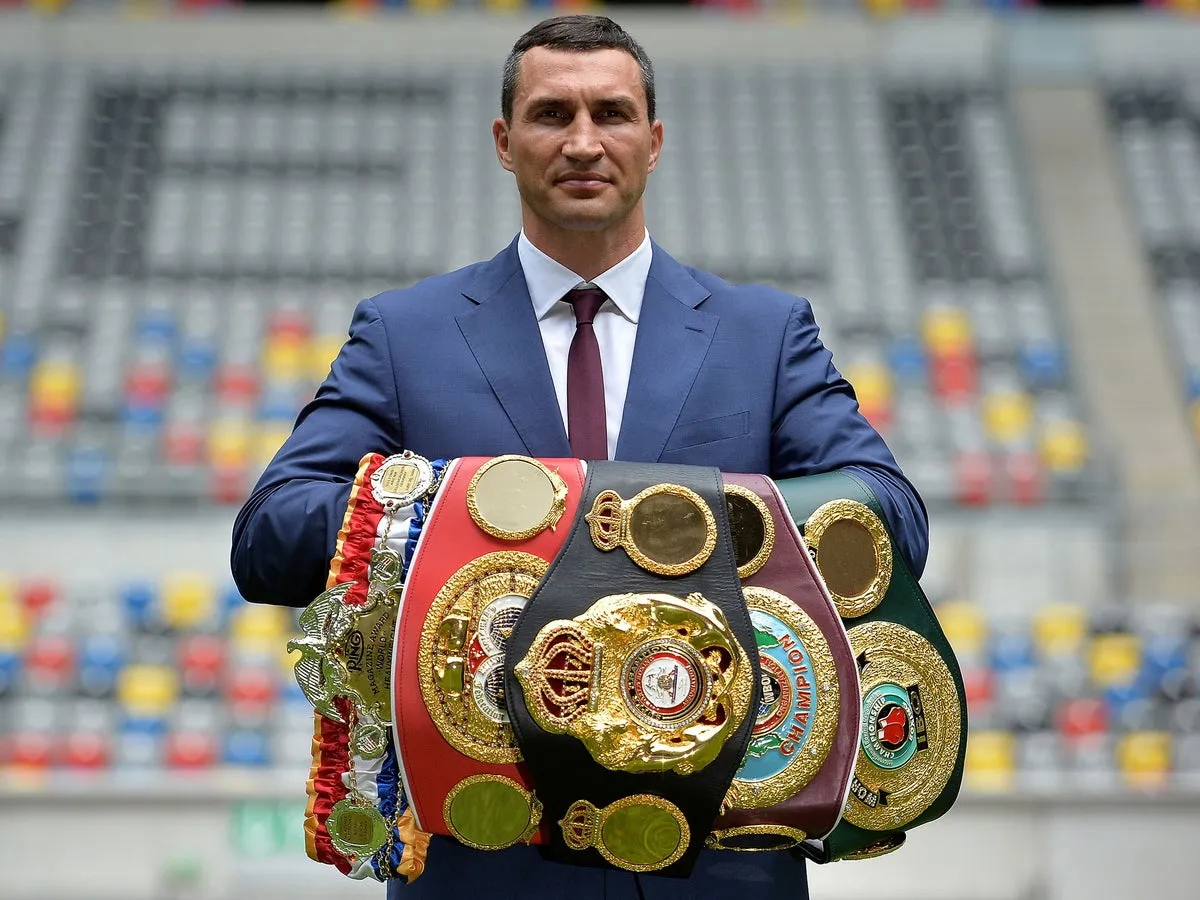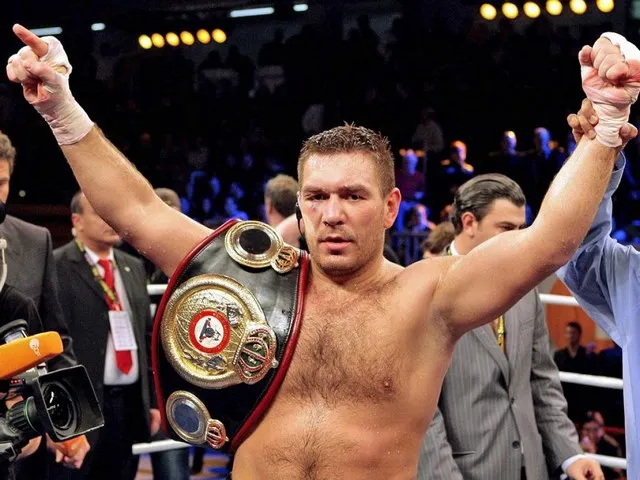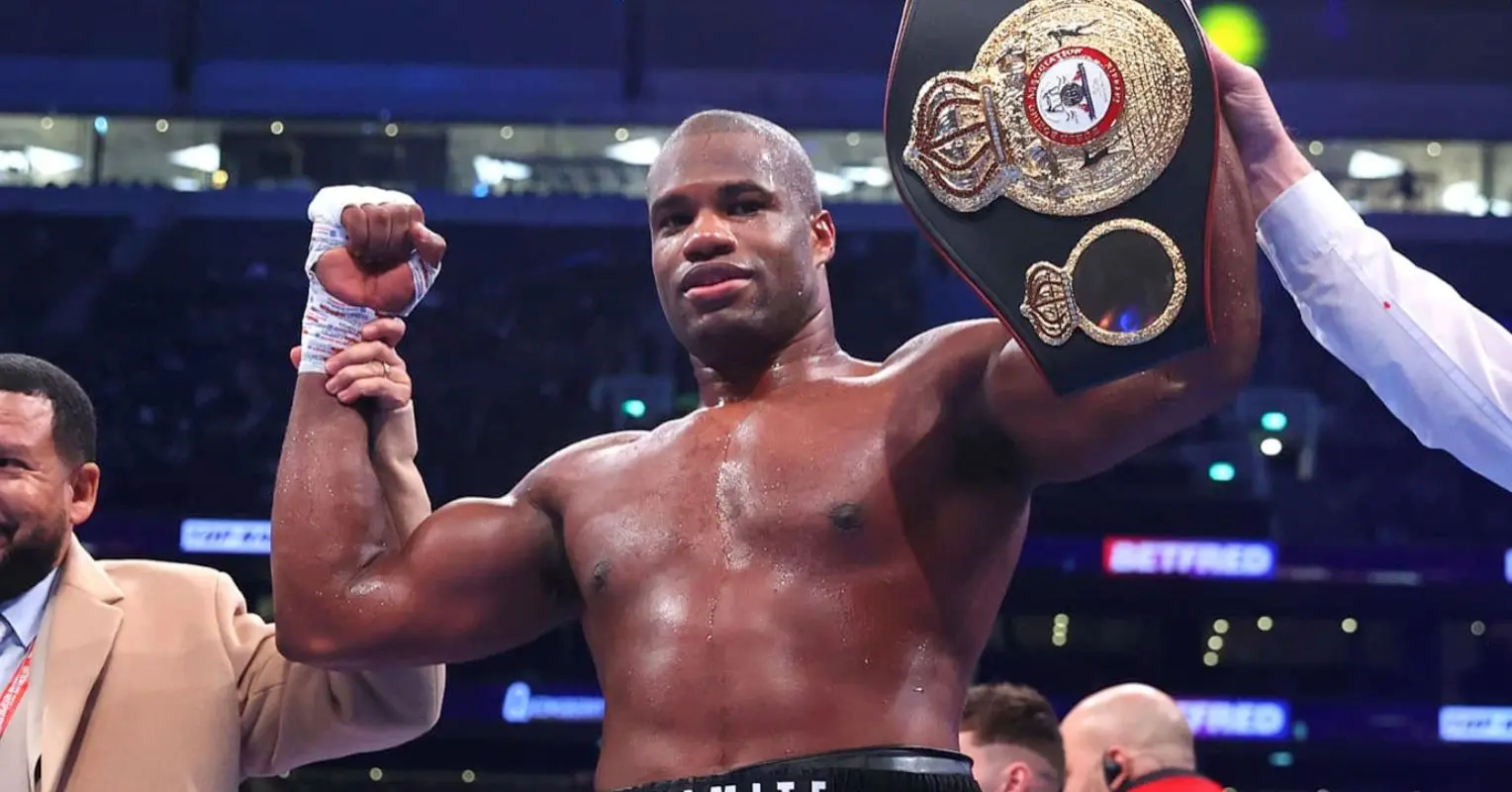A controversial journey of the WBA “Regular” Heavyweight Title

image 6747fc8741853.webp
The World Boxing Association (WBA) heavyweight title is one of the most prestigious championships in boxing history. However, since 2011, a second WBA heavyweight title, the “regular” belt, has sparked confusion and controversy. In this article, we explore the history of the WBA “regular“ heavyweight title, its origins, controversies, and evolution over the years.
The Creation of the WBA “Regular” Heavyweight Title
The story of the WBA “regular” heavyweight title begins in July 2011, following a highly publicized fight between David Haye (WBA heavyweight champion) and Wladimir Klitschko (IBF/WBO champion). After Klitschko’s decisive victory, the WBA elevated him to “super” champion status due to his unification of multiple belts. This created a vacancy for the WBA heavyweight title, and the organization introduced the “regular” belt as a replacement.

While the WBA initially preferred calling it the “world” title, journalists coined the term “regular” to differentiate between the two belts. Over time, this title became known as the “secondary” or even “bogus” championship, a term that continues to spark debate among boxing fans and experts.
Early Controversies and Defenses of the “Regular” Title
In November 2011, Alexander Povetkin and Ruslan Chagaev fought for the first WBA “regular” heavyweight title. Povetkin won but faced criticism for defending the belt against opponents with low rankings and little recognition in the boxing world. These included fighters like Cedric Boswell, Marco Huck, and Hasim Rahman. Meanwhile, Wladimir Klitschko successfully defended his WBA super heavyweight title, highlighting the disparity between the two belts.
By October 2013, Povetkin was defeated by Klitschko, leaving the “regular“ title vacant once again. The WBA quickly set up a fight between Chagaev and Fres Oquendo for the vacant belt. However, Chagaev soon lost the title due to failing to pay sanctioning fees, further diminishing the credibility of the “regular” heavyweight championship.

The WBA’s Struggles with the “regular” Title
Over the years, the WBA continued to struggle with the legitimacy of the “regular” heavyweight title. In 2017, Mahmoud Charr won the title after defeating Alexander Ustinov. However, Charr’s reign was marred by issues such as failed drug tests and other controversies. This pattern continued in the following years, with fights like Charr vs. Oquendo (2019) being marred by testing failures and legal disputes.
In 2019, Trevor Bryan won the “regular” title in a widely criticized fight against Bermane Stiverne, a former champion past his prime. Bryan’s reign was largely uneventful, with his most notable defense coming against Jonathan Guidry, a fighter with limited experience. The lack of credible challengers continued to weaken the “regular” heavyweight title’s reputation.
The Rise of Daniel Dubois and the Title’s Path Forward
The “regular” heavyweight title saw a glimmer of legitimacy in 2021 when Daniel Dubois, a promising young boxer, defeated Trevor Bryan to claim the belt. Dubois’ victory was followed by a matchup against Oleksandr Usyk, the reigning WBA super champion. Dubois’ loss to Usyk in 2023 marked a turning point, but the “regular“ title story did not end there.

In August 2023, after a legal battle, Charr was reinstated as the WBA “regular” heavyweight champion. He is set to defend the title against Kubrat Pulev on December 7, 2024, making this the 40th sanctioned WBA heavyweight title fight since the “regular“ title was created.
Conclusion: The WBA “regular” Title’s Controversial Legacy
The WBA “regular” heavyweight title has had a tumultuous history, often seen as a secondary or bogus belt due to its controversial creation and the fighters who have held it. From Alexander Povetkin to Daniel Dubois, the title has been defended in questionable matchups and marred by disputes over sanctioning fees and failed drug tests. Despite this, the WBA has continued to sanction the title, generating significant revenue through sanctioning fees.
As Charr prepares to defend his title against Pulev in December 2024, the WBA “regular“ heavyweight title remains a symbol of the complexities and contradictions within boxing’s sanctioning bodies. While it may never be regarded as the true pinnacle of the heavyweight division, it has undoubtedly played a key role in the WBA’s ongoing influence in the sport of boxing.







